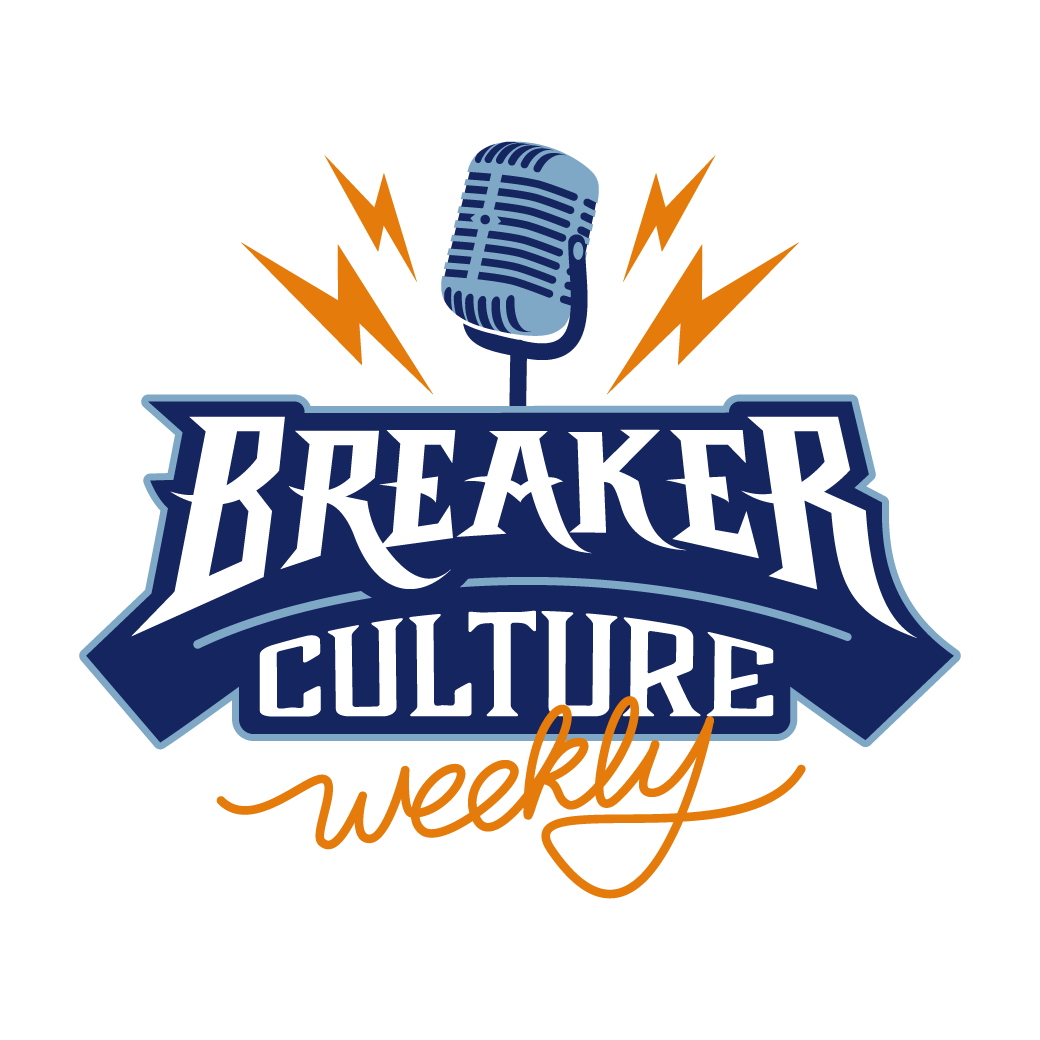What’s going on with all of these Grading Services? Has the idea of a “pristine” card ruined the state of normal card collecting? Are we becoming too greedy with our cards?
One of my biggest problems with the current state of the hobby is the growing sense of greed that embodies a lot of the motivation for collectors. In my previous article about my sports card journey I explained that my passion does not come entirely from the monetary value of my cards. I generally place more significance in finding a personal collection keepsake and meeting up with fellow sports card enthusiasts. However, over the past year or so there has been an increasing trend for collectors to get their cards graded to determine the true value of their cards.
When I started to take the hobby seriously in the mid 2000’s, sports card grading services did exist, but not on the scale they do today. As a matter of fact, it is almost impossible to watch a group break online or a personal break in person without someone mentioning if a given card is worth grading or not.
For those new to grading, let me give you a lay of the land.
Grading Services
Beckett Grading provides the most popular sports card grading services and they fall under three categories. Their most popular service is Beckett Grading Services or BGS and with this service a collector can submit up to 100 cards and each card is treated with maximum protection and care. There is also a service for vintage cards known as BVG which operates under similar rules as BGS, but with an added attention to the quality of the cards of the vintage card era. Their third and final service is known as Beckett Collectors Club Grading or BCCG and this was created to allow collectors to grade a large volume of cards at an affordable price.
Speaking of price, it costs up to $40 to grade a card with Beckett Grading and as little as $2.50. Beckett also frequently provides services at sports card shows and expos and services there are typically $50 per card. These costs depend on the number of cards being submitted for grading and if the collector wants their cards to be guaranteed or not. The wait time for any submission ranges from 2-10 days under Beckett’s Premium Guaranteed policy, but without this there is no set time-period to how long it takes for cards to be returned. However, submitted orders can all be easily tracked online.
There are four other known sports card grading companies that can be used by sports card enthusiasts and the grading scale of all four companies is similar. They all use a 10-point grading scale with 1 being the lowest grade and a Pristine 10 being the highest. They also grade using half-point increments to make things as precise as possible for collectors. Sports cards are graded based on centering, edges, corners, surface and of course the autograph and it is very rare to get a perfect 10/10 rating.
The other four sports card grading companies available to collectors are Professional Sports Authenticators, Sportscard Guaranty, International Sports Authentication and KSA which is based in Canada. Personally, I have never heard of two of the aforementioned companies and KSA used to offer on-site services here in Toronto at local sports card shows. If you were to look on eBay and search graded cards, you would notice that most of the sports cards would be authenticated by BGS first, then PSA, then KSA. PSA is however more popular with gaming cards such as Pokemon and Yugioh, but I have never seen a card graded by the other two companies at a sports card show, owned by a fellow collector and their listings on eBay are extremely sparse.
Even though BGS is the most popular out of the sports card grading services out there, that does not mean that it is without its issues. The biggest complaint that I have heard regarding its services, is that their turn-around can be extremely slow. According to the Beckett Grading site, it should not take longer that 45 days for someone to get their cards back, but I have heard stories about hobbyists waiting months for their submissions to be returned. That is simply unacceptable and because of this, collectors have started to switch to PSA. The Beckett Grading does not indicate how long a non-guaranteed submission will take, but waiting months is simply too long.
Popularity
Like with the rest of the hobby, grading has become more easily accessible with the hobby’s increased focus on social media and the internet. When group breakers started coming online on what was BlogTV a few years ago, there were only a couple of individuals that were involved in the process of grading sports cards. Today, with group breakers now having their own platform to do group breaks on Breakers.tv, pretty much every group breaker allows grading submissions to a certain extent.
What grading cards online involves is after a group breaker pulls a nice card for a collector, he would ask them if they want the card graded and then the group breaker goes through the process of submitting these cards and then after a few months, there is a grading reveal live while they are streaming. During this reveal, there are typically 100s of graded cards that are shown and the collectors that submitted the cards are usually all present. The reaction of these collectors varies from disgruntled to ecstatic as you would expect if you were to get a positive grade rating. The grading reveals I have seen so far have been from BGS and to be honest I have not seen one in months, but that is more my fault since I am not on Breakers.tv as much as I used to be.
The reason why grading has become popular in the hobby is because getting a favorable grade could lead to a major increase in value. A BGS Pristine Black 10/10 rating could lead to more than a tripling of the card’s value and a 9.5/10 BGS rating could lead to a doubling or more of a card’s value than if it was raw. Anything lower than that would be considered a bad grade and would upset the collector, and may even force the collector to remove the card from the from the attractive casing that each graded card is put into.
Motivation
Due to the major increase in value of cards that grading leads to, one may think that money is the main motivational factor in getting sports cards graded. However, I do not believe this to be the case. As explained in this article, grading cards is a long and drawn out process and requires too much time and patience for most collectors to want to flip their graded cards for a profit.
It is also more common for collectors to only want cards for their personal collections to be graded and those worth holding onto for future investment potential.
A good example of this are Bowman Baseball autographs. This product has the most graded sports cards listed on eBay and during a group break if a good card is pulled the owner of the card will either ask if the card is worth grading or the group breaker will tell the owner of the card and explain if it is worth grading or not. That is another new trend in the hobby as most group breakers are quite knowledgeable in grading mechanics and this was not the case a few years ago. Bowman Baseball autographs are also graded on a high-level because they are on-card or hard-signed compared to on sticker, which typically do not grade as well since the athlete tends to sign off the sticker which hurts the value.
Other things that can hurt the value of a card are those that have patches or game used swatches in them. Basically, since the grading process of any of the sports card grading companies I mentioned is extremely detailed, anything added to a card can hurt its value. So, when it comes to grading less is more. PSA is also known more for providing higher grades than BGS for non-autographed cards, so there are times when a collector might prefer them.
The goal of this article was to explain how the process of grading cards is a long and worthwhile one and that the companies that provide these services, take time and care to ensure the truest value of our cherished collectibles. As a result, I believe collectors that decide to have their cards graded, do so because they want to keep these cards in their cherished personal collections.




PSA is the only company to use when grading vintage (hockey especially) cards. If you have anything pre 80’s don’t use BGS.
Totally agree.
thanks for the insight guys!!
What are your thoughts on regrading? I have seen people break BSG 9.5 and submit to PSA for potential 10. I have seen PSA 10 break and submitted to BSG for potential 10s. Many collectors suggest BSG for autos and PSA for non-autos. I know if I see a modern auto in a PSA, I wonder why it wasn’t sent to BSG.
I know lots of groups only buy graded cards to protect against buying damaged cards.
Grading is for greedy people who do not know anything about the condition of the card they have.just let some supposed authority tell you how good your card is. Idiotic! Grading is ruining the hobby just like the coin collecting hobby.